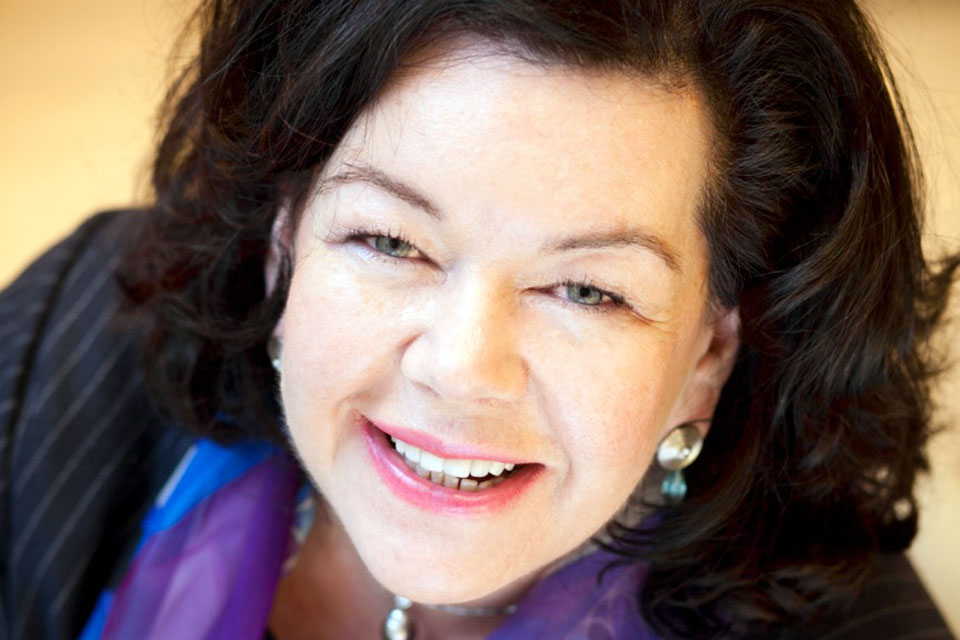
Thank you, Mr President.
I'm very pleased to be able to salute those efforts and the progress of this important dossier has made under Belgian leadership. Welcome also to the ministers here and thank you again for being with us and thank you to the Secretary-General, Commissioner Chergui and Ms Becker for your important briefings.
We've all seen and we've all heard of the dreadful and lasting effects that global conflicts have on children, their communities and also their future. And I won't repeat that. If I may, Mr President, I'd just like to highlight a couple of case studies that really illuminate how this impact devastates children's lives.
So in Syria, as stated in the recent report on children's rights by the UN Independent International Commission of Inquiry, children continue to be, and I quote, "robbed of their childhood and forced to participate in a brutal war." They've been killed, maimed, raped, abducted and detained. They've been forced to act as combatants and, in the case of Daesh, as executioners. Places where they are meant to be safe and nurtured, such as schools and hospitals, have been targeted.
Over 2.5 million children have been displaced in Syria, leaving many at the mercy of the elements and without adequate sustenance or services. And this trend is far from over; as Undersecretary-General Lowcock told the Council last week, the bombardment of Idlib has seen the continued killing of civilians and attacks on civilian objects, and the displacement of over 300,000 children in north-east Syria since early December last year alone.
And as the Commission of Inquiry report found, the mental health of children is and will continue to be deeply affected for years to come. Children and young people have sustained crucial damage to their long-term prospects, and a huge number have missed out on years of education.
Turning to Mali, children continue to suffer the effects of continuing conflict, particularly in central Mali, where they are killed and maimed as direct targets of attacks in the course of inter-communal violence. Insecurity, attacks and threats on schools and teachers, the absence of state authorities and a lack of equipment have led to the closure of more than 900 schools at the last count.
As with Syria, children are suffering both the immediate effects of conflict as well as long-term effects on their mental well-being and the lack of access to services such as medical care and detention.
And in Cameroon, the impact of conflict on children in the Anglophone region is significant. Children's education is used as a political bargaining chip by the separatists who have closed down schools and taken children hostage. UNICEF estimates that 80% of schools have remained closed since 2016, and the ban on education has affected over 600,000 children.
Mr President, the scale of the impact of conflict on children is clear. But when it comes to peace and efforts for peace, their needs and their views are often neglected.
This is why we welcome the launch today of the UN's "practical guidance






